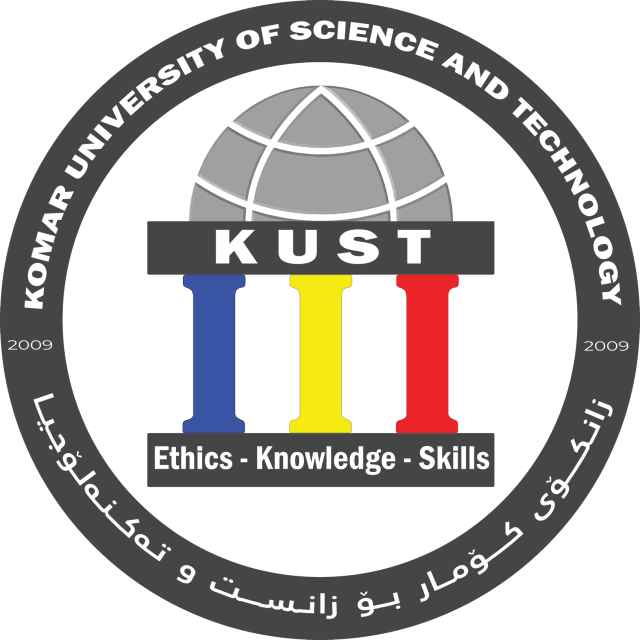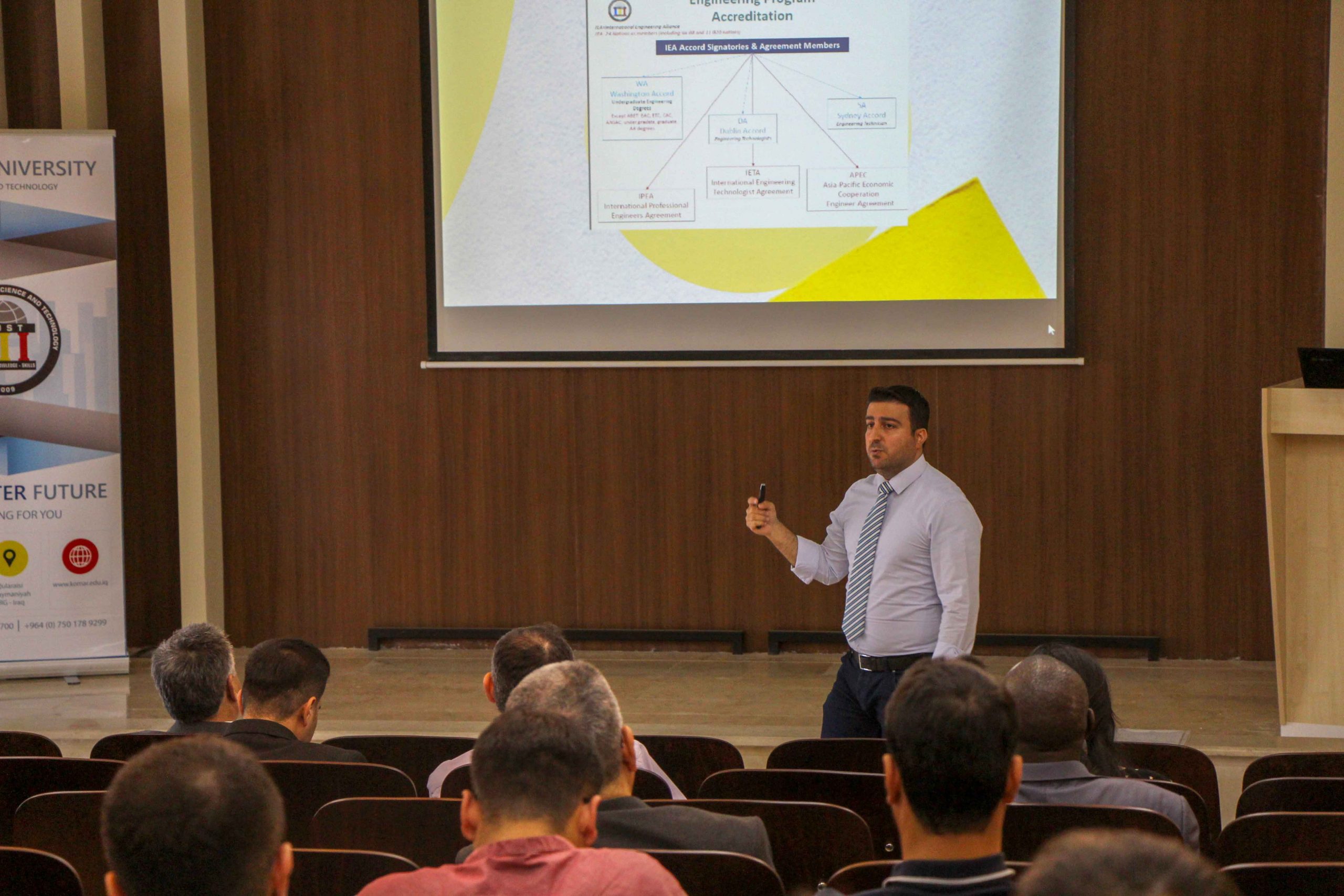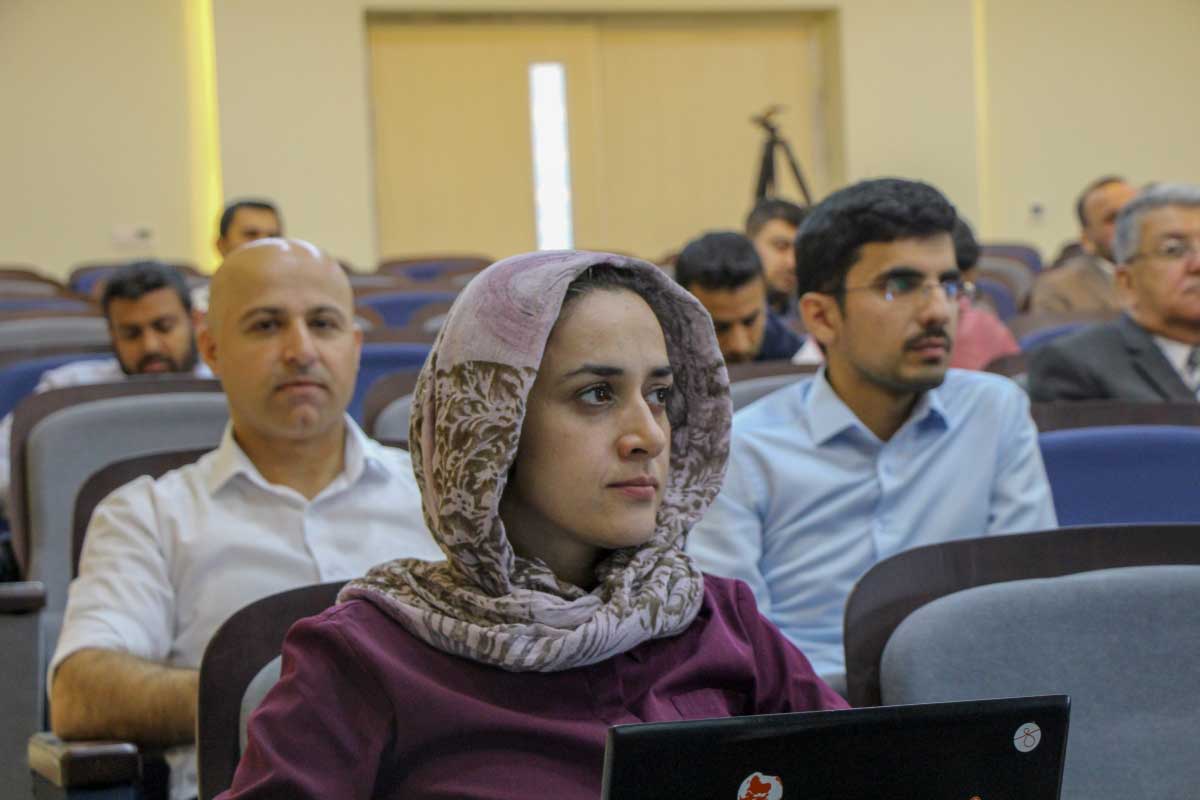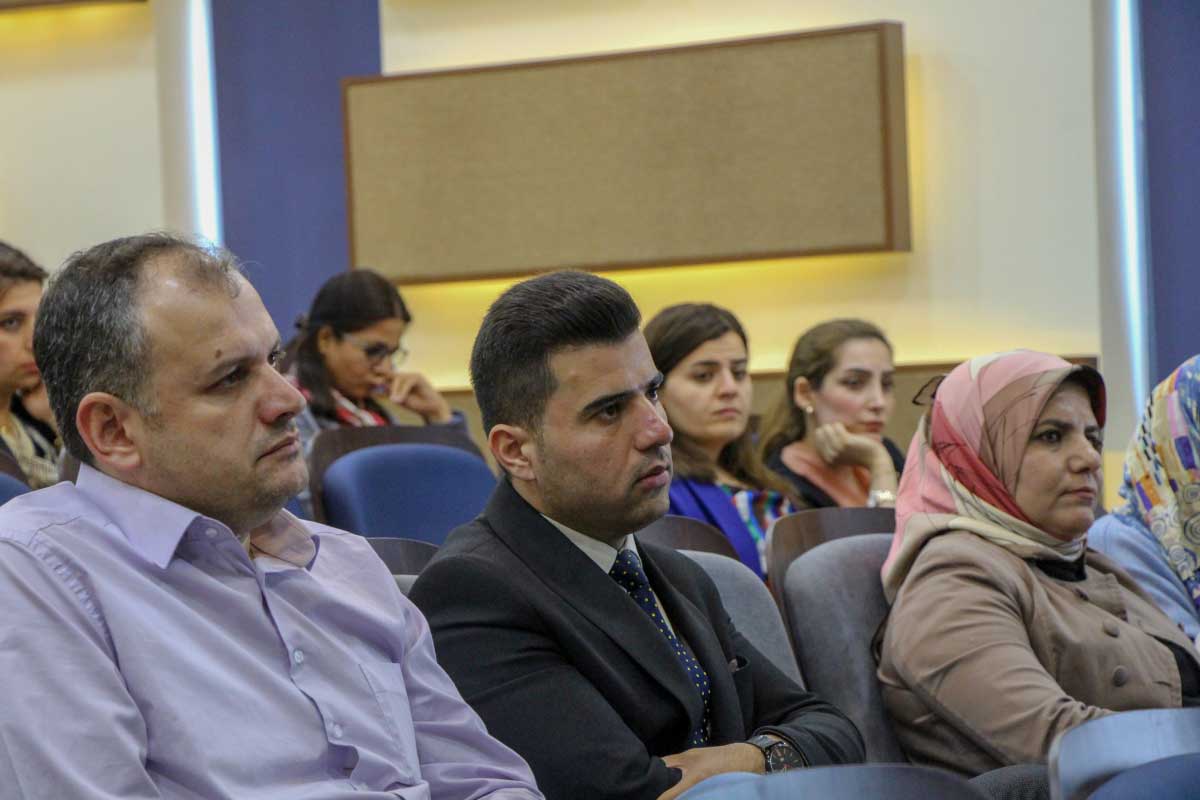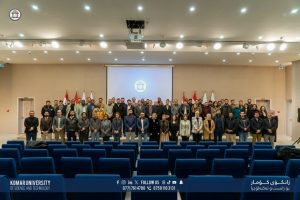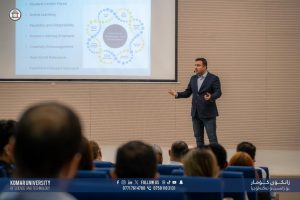POPBL workshop conducted by Mr. Twana A. Tahir
Office of Quality Assurance and Accreditation at Komar University arranged a workshop for Mr. Twana A. Tahir, director of Quality Assurance Office, on “Applying POPBL as an effective Assessment Tool” on Wednesday, April 19th, 2018.
University graduates are facing a lot of challenges while they attempt for the employment after graduation. Perhaps, lack of Technical and Soft Skills is one of the main reasons behind such issue. International trend in education is to prepare the students with such skills in order to equip them for future challenges. Therefore, POPBL as an effective tool is applied and it is a Systematic Teaching Method that engages students in learning knowledge and skills through an extended inquiry process structured around complex, authentic questions and carefully designed tasks over a period of time, resulting in a product which is a presentation. Typically, it has timeline and milestone, and other aspects of formative evaluation as the project proceeds.
The workshop had two sessions, a) introducing and discussing Problem-Oriented Project Based Learning (POPBL) and b) practicing in preparation research disciplines. The main objectives of the workshop were:
Clarification of problems related to traditional teaching system at universities,
Challenges of fresh graduates,
Lack of ability to asses ethics and communication criteria needed in accreditations,
Introducing Problem-Oriented Project Based Learning (POPBL) and its effectiveness versus traditional teaching methods, and,
Other advantages of POPBL such as the easier satisfaction of the criteria required by accreditation agencies, or giving more confidence in proposing/fulfilling projects to the graduates, etc.
During second sessions, the audiences grouped up four interdisciplinary teams in order to practice the POPBL method, and eventually, the required improvement of each team was discussed. The workshop ended with question/answer session.
This workshop was a part of series activities that will be conducted according to the Quality Assurance Calendar during Spring 2018.
